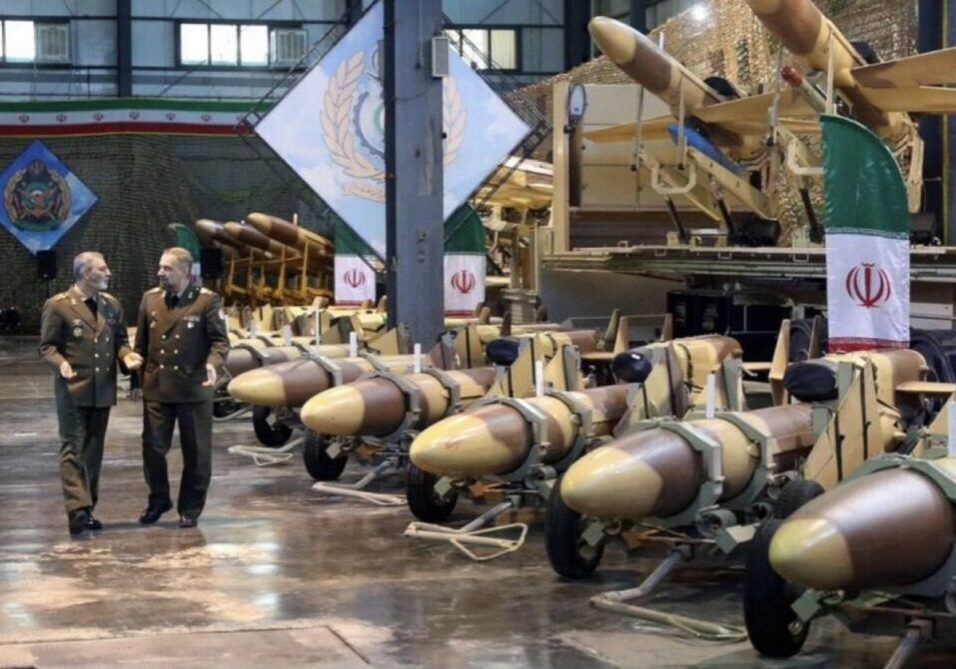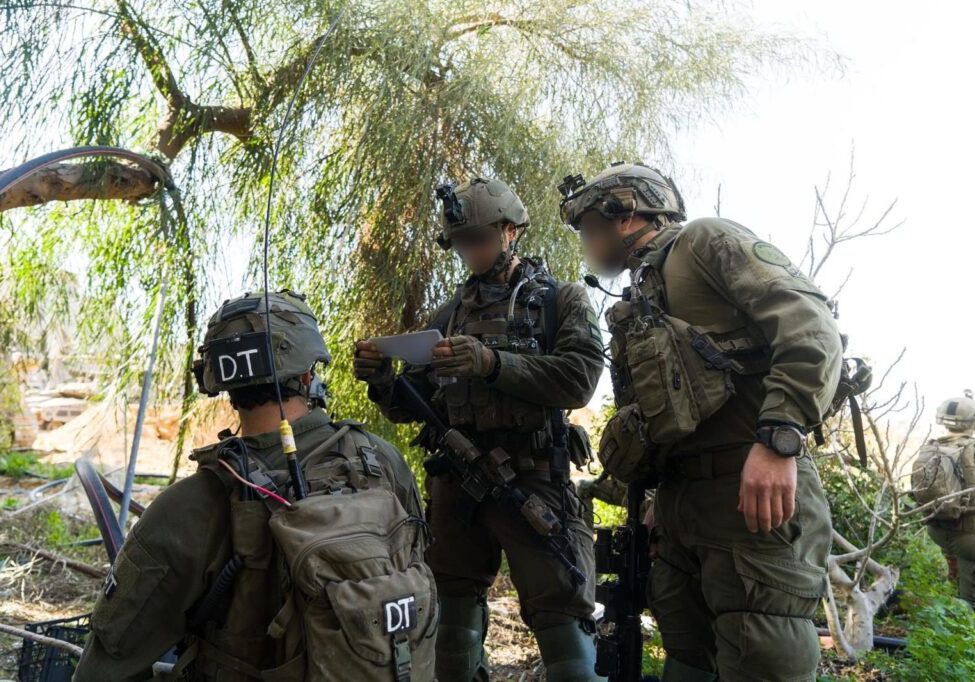Australia/Israel Review
Scribblings: Indyk-ations
Apr 28, 2009 | Tzvi Fleischer
By Tzvi Fleischer
Indyk-ations
As readers may recall, the AIR published a review in March of Innocent Abroad: An Intimate Account of American Peace Diplomacy in The Middle East, by Dr. Martin Indyk, the Australian-born analyst who played such a central role in Middle East policy in the US Clinton Administration.
Having now read the book myself, I agree with most of what reviewer Jonathan Schanzer had to say – about the book’s importance, about its readability, and about it being somewhat marred by constant, often ad hominem potshots at the Bush Administration.
Leaving that aside, I wanted to call attention to the many revelations by Indyk about aspects of US Middle East policy which have often been misrepresented or forgotten in the debates of recent years.
For instance, on Iraq:
• The Clinton Administration from the beginning made it a policy goal to topple Saddam Hussein’s regime – this was not new to the Bush Administration.
• While sanctions were temporarily effective at containing Saddam, this was not a viable long-term option. Indyk says that by the end of the Clinton Administration, “Saddam’s containment cage was disintegrating” and could not have survived.
• President Clinton and most of his senior advisers supported Bush’s decision to use force to topple Saddam.
• Clinton and his advisers believed that Saddam still had stocks of WMD, as did the British, German and French governments. This was the consensus, not a “lie” made up by the Bush Administration.
• While highly critical of the Bush Administration on almost every front, Indyk still agrees that “The United States would eventually have to go to war with Saddam”.
• This applies even if Indyk had known Saddam had no WMD stocks, because “with sanctions already falling apart, the real concern was that Saddam would resume those [WMD] programs… from there we had little doubt he would rise to threaten his neighbours again.”
On Iran, he points out:
• Clinton’s team tried very hard to initiate direct dialogue with the Iranians, but the Iranians categorically refused to reciprocate. The same can be said of the elder George Bush’s administration.
• The Americans did everything they could think of to signal willingness to engage, including not only making apologies for past American policy, ignoring Iranian terrorism against Americans at Khobar Towers, and lifting specific sanctions requested as a goodwill gesture by the Iranian Foreign Minister.
• The election of the “reformist” Khatami as president made no difference on Iran’s refusal to dialogue or other key issues. Khatami and Supreme Leader Ayatollah Khamenei were “both part of one clerical regime with a common interest in maintaining its grip on power.” Despite their differences, they would come together to agree on “no normalisation of relations with the United States… no relaxation of the pursuit of weapons of mass destruction, and no reduction of support for terrorist organisations.”
• The Iranians view “a resolution of the Arab-Israel conflict [as] a strategic threat to their interests”, making the regime “a far more determined opponent of peacemaking than Americans tend to realise.”
I’ll discuss Indyk’s revelations about Israeli-Arab issues next month.
Saeb Story
There are still people around who dispute that Israel has repeatedly put forward serious offers for a two-state solution with the Palestinians, and the Palestinians have said no.
Perhaps they will believe PLO negotiator Saeb Erekat. Erekat appeared on al-Jazeera (translated by the Middle East Media Research Institute) on March 27. Here is his description of what was offered in 2000:
“President Clinton said ‘You will be the first president of a Palestinian state, within the 1967 borders – give or take, considering the land swap – and East Jerusalem will be the capital of the Palestinian state, but we want you, as a religious man, to acknowledge that the Temple of Solomon is located underneath the Haram al-Sharif (Temple Mount).’ Yasser Arafat said to Clinton defiantly: ‘I will not be a traitor. Someone will come to liberate it after 10, 50, or 100 years. Jerusalem will be nothing but the capital of the Palestinian state, and there is nothing underneath or above the Haram al-Sharif except for Allah.’”
And here is Erekat’s description of what Olmert offered Mahmoud Abbas in Nov. 2008, “Olmert… offered the 1967 borders, but said: ‘We will take 6.5% of the West Bank, and give in return 5.8% from the 1948 lands, and the 0.7% will constitute the safe passage, and East Jerusalem will be the capital, but there is a problem with… what they called the Holy Basin.”
According to Erekat, PA President Mahmoud Abbas rejected this saying ”I came to demarcate… the June 4, 1967 borders – without detracting a single inch, and without detracting a single stone from Jerusalem.”
Erekat is at pains to emphasise that, despite being offered a state and adequate land, a deal was not made primarily because the Palestinians rejected absolutely all compromise on Jerusalem, saying “there will be no peace whatsoever unless East Jerusalem – with every single stone in it – becomes the capital of Palestine.” Asked about allegations the Palestinians conceded a possible Jewish role in the Holy Basin (where Jewish holy sites are) Erekat added that “They will never have this… any arrangements regarding East Jerusalem are categorically unacceptable.”
In other words, according to Erekat, Palestinian leaders have twice been offered a state on land equivalent to 100% of the West Bank and Gaza, but both times rejected it because of complete intransigence on Jerusalem.
Tags: Iraq






